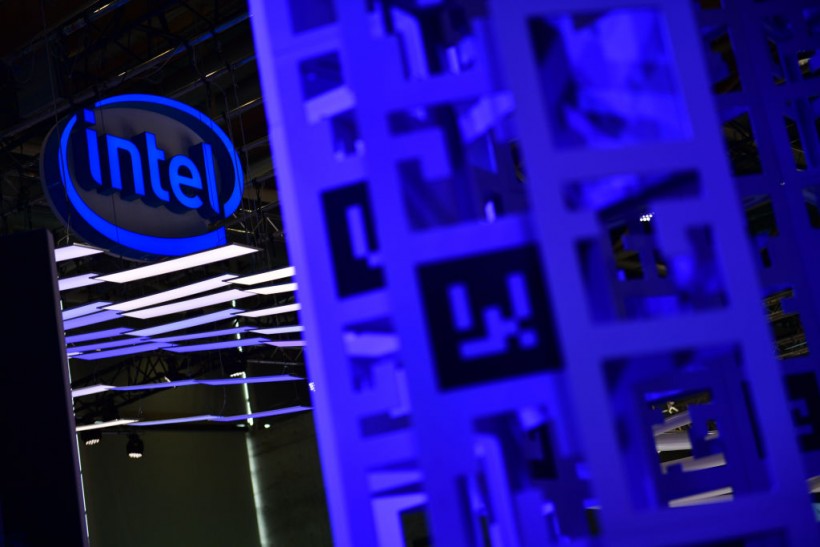Intel, along with other major tech players, has launched the Open Platform for Enterprise AI (OPEA), a project announced by the Linux Foundation on Tuesday.
Spearheaded by the Linux Foundation's LF AI and Data organization, known for its focus on AI- and data-related platform initiatives, OPEA seeks to facilitate the creation of robust and scalable AI systems that leverage open-source innovation from across the ecosystem.

Hardened and Scalable Generative AI Systems
According to Ibrahim Haddad, executive director of LF AI and Data, OPEA aims to lay the groundwork for the emergence of hardened and scalable generative AI systems.
Haddad emphasized the importance of fostering open-source innovation and collaboration within the AI and data communities under a neutral and open governance model.
The LF AI & Data Foundation has designated OPEA as its latest Sandbox Project, bringing together industry leaders such as Anyscale, Cloudera, Datastax, Domino Data Lab, Hugging Face, Intel, KX, MariaDB Foundation, Minio, Qdrant, Red Hat, SAS, VMware (acquired by Broadcom), Yellowbrick Data, Zilliz, and more.
This coalition aims to promote the development of open, multi-provider, and composable AI systems that cater to the diverse needs of enterprises.
The mission of LF AI & Data is to nurture an open artificial intelligence and data community and foster open-source innovation in these domains. OPEA seeks to enable the creation of flexible and scalable AI systems that harness the collective innovation of the open-source ecosystem.
Melissa Evers, Vice President of Software Engineering Group and General Manager of Strategy to Execution at Intel, highlighted Intel's commitment to incubating open source development to build trusted and scalable open infrastructure.
Read Also: Intel Core i9 Chips Crashes Games Reports Claim, Now Under Investigation
"Critical Pain Points of RAG Adoption"
"Generative AI is at this moment; OPEA, with the support of the broader community, will address critical pain points of RAG adoption and scale today. It will also define a platform for the next phases of developer innovation that harnesses the potential value generative AI can bring to enterprises and all our lives," Evers said in a press release statement.
OPEA emerges at a time when projects utilizing generative AI, particularly those employing Retrieval-Augmented Generation (RAG), are gaining traction for their ability to extract significant value from existing data repositories.
OPEA aims to collaborate with industry stakeholders to standardize components, including frameworks, architecture blueprints, and reference solutions. These efforts promote performance, interoperability, trustworthiness, and enterprise-grade readiness in generative AI systems.
The LF AI & Data Foundation invites organizations and individuals interested in furthering open-source AI and data to participate in the OPEA project and help influence the evolution of enterprise AI.
"OPEA will unlock new possibilities in AI by creating a detailed, composable framework that stands at the forefront of technology stacks. This initiative is a testament to our mission to drive open source innovation and collaboration within the AI and data communities under a neutral and open governance model," Haddad said in a statement.
Related Article: Intel Lags Behind Chip-Making Industry, Reports $7 Billion Loss









